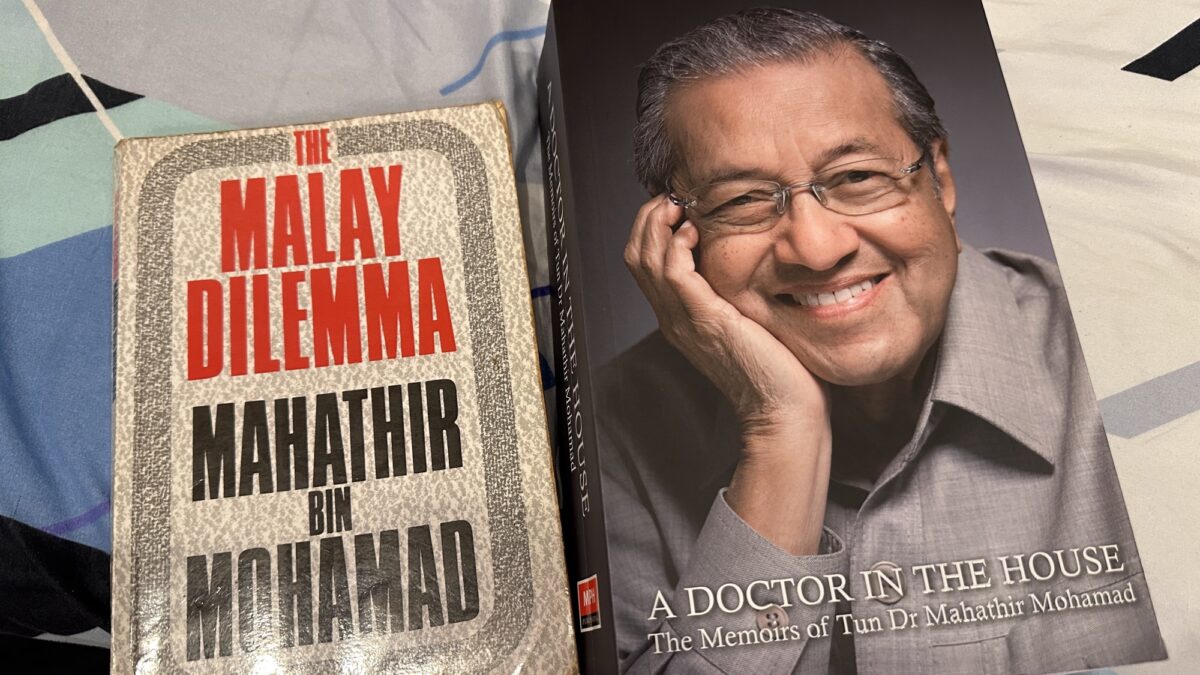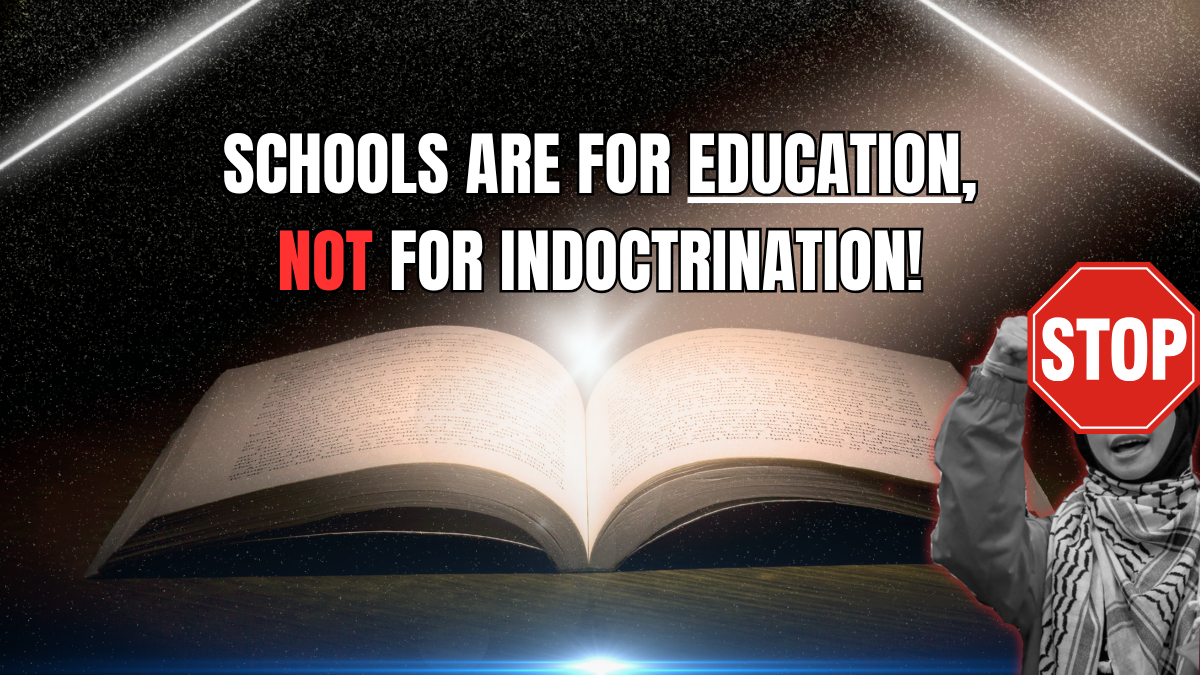
It is the night before I meet Dr. Mahathir.
For those of you who didn’t know about this, welcome to yet another strange and interesting episode of my life:
Tomorrow, I will be interviewing Tun Dr. Mahathir, the 4th and 7th Prime Minister of Malaysia, for my podcast, Pathways To Excellence.
I sit here with two books in front of me, the first, The Malay Dilemma, and the next, A Doctor in the House, and I contemplate both and the way they have unquestionably shaped my life.
Dr. Mahathir was my Prime Minister when I was just born. From young, I always thought that every country had a Prime Minister; indeed, it is from him that I learned the very concept of Prime Minister itself.
For years and years, this had gone on, and I went from thinking that he was the only one who would ever occupy that position, to learning that other countries had ‘presidents’ and ‘kings’, later downgrading the man’s significance as I thought of the ‘world’ and how wide it was, moving first from thinking that Malaysia was everything to thinking that it was tiny, insignificant, hating it, coming back, making it home, and then realising that it was what we made of it.
It is fascinating how small the mind of a child is – yet, as I would later realize, how small the mind of an adult is when they fail to contemplate the significance of things that are nearby.
I never really thought too extensively what it would mean to actually encounter this person one day.
Then one day, many years after my father had died and was buried in the Sungai Petani Christian Cemetery, I found a book. My mum said that she wanted to throw it away, but somehow she didn’t, and there I saw it in its ancient form, yellowed pages and everything. I had never touched it for the longest time, for the longest time and frankly took no notice, until one day when I remember seeing an article somewhere where it said that the author had disavowed it or something of that nature.
I don’t really know though, because memory is a fragile thing, and perhaps that is just me telling a lie to myself, but what I do know is that I never really thought about it until one day, I remember thinking about my father’s untimely death after I’d come back from university, thinking about things that I wanted to do along the way, not really knowing what was on the horizon and I recall at that time that I just thought to myself that I had to increase my knowledge somehow or another, by whatever means possible.
In that year, I read like a person crazed, with no rhyme or reason, determined to fill myself up somehow with the knowledge of the entire world.
It was then, looking for things that somehow would suit me, that I found the Malay Dilemma again, and decided that now had come a time to read something that I disagreed with.
Read I did. I took up the book, I still remember, and flipped through its yellowed pages, and there I saw a mind that was deeply powerful, and strongly at work.
At that time, I remember how impressed I was at the clarity of thought, the reasoning, the issues that were brought forth, on the sheets of paper that I turned over, contemplating then in my mind, as they thought me about how how someone entirely from a different world within my own country saw the place that I live.
Thinking back, that feeling of profundity was just a feeling, a sense, an emotion, and a shock at the eloquence that I saw in the book – it would translate into a broader appreciation of society, but not just then; I would have to read it several more times over the years for that to happen.
It has been years ever since the Malay Dilemma has been published, and society has changed ever since then, but life and time have shaped my thoughts around it, and brought me to understand a little more of the world that gave rise to it, evolving my thoughts on inequality, justice, racism, and society.
As I sit here, book in hand, looking alternately at the old and faded cover, and then at Mahathir’s face on his Doctor in the House memoir, I can’t help but wonder about the person I’m going to meet tomorrow, what he’s going to be like, how the years have shaped him, how many people have come, gone, and passed through his office seeking the same inspiration with similar questions and with other thoughts that come along the way.
The man is a 99 year old this year of 2024 – the oldest person I have ever encountered in my life.
I don’t know what tomorrow will be like, but what I do know is that it will be a monumental privilege to chat with the first prime minister I had ever known, the person who, from the day of my very birth, was most responsible for spearheading the country forward, compared to so many other individuals within my geographical region.
I know of course that history is not shaped purely by the leaders, but also by individuals within their small enclaves, and that society’s movement is the collective product of our fever dreams, imaginations, and self-interest amalgamated into a single pathway that leads us forward, yet I cannot help but think about the person that I will be speaking to, and how he led this small part of the world forward in the context of the history of the world that I have always known.
I cannot help but wonder what I will say tomorrow, which even now is something unknown to me. The questions, they alternate from one minute to the next, percolating, coalescing, fading away, and getting replaced with new ones… And as I reach the end of this night, all I can really think about is a sense of wonder about the person who shaped Malaysia, what he will have to say, and how my life will be transformed and I am confident that it will be a transformative conversation.
At this time, I think of my father and how he might have encountered this book. Curious, wondering, eager to understand the world.
As far as I know, at the age that he had bought it, it would have been in the very first year of Tun Mahathir’s premiership and I suppose that he would have been the same age that I am now.
Somehow this conversation feels like it was fated. A gift passed down from heaven from which my father smiles, looking at destiny itself being fulfilled, his son coming to meet one of the leaders of our nation.
Loved, feared, hated, admired, but ever controversial.
That is Tun Mahathir, and that is the person I will meet tomorrow.
It is a wonderful feeling to think about that privilege, and to realise that it is a complex one. That is the last thought that I will chronicle, bringing this feeling of fatedness into the morning.


